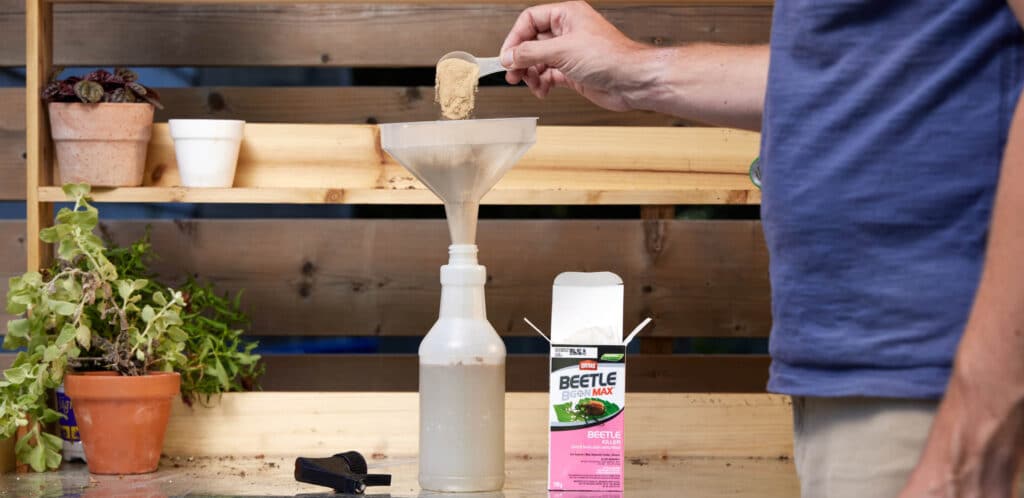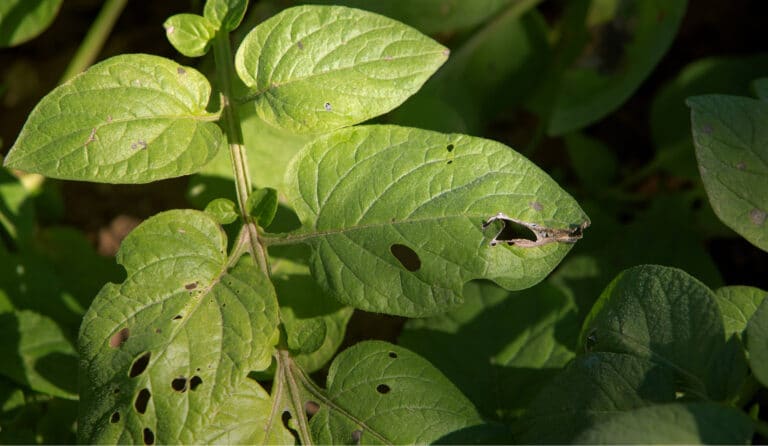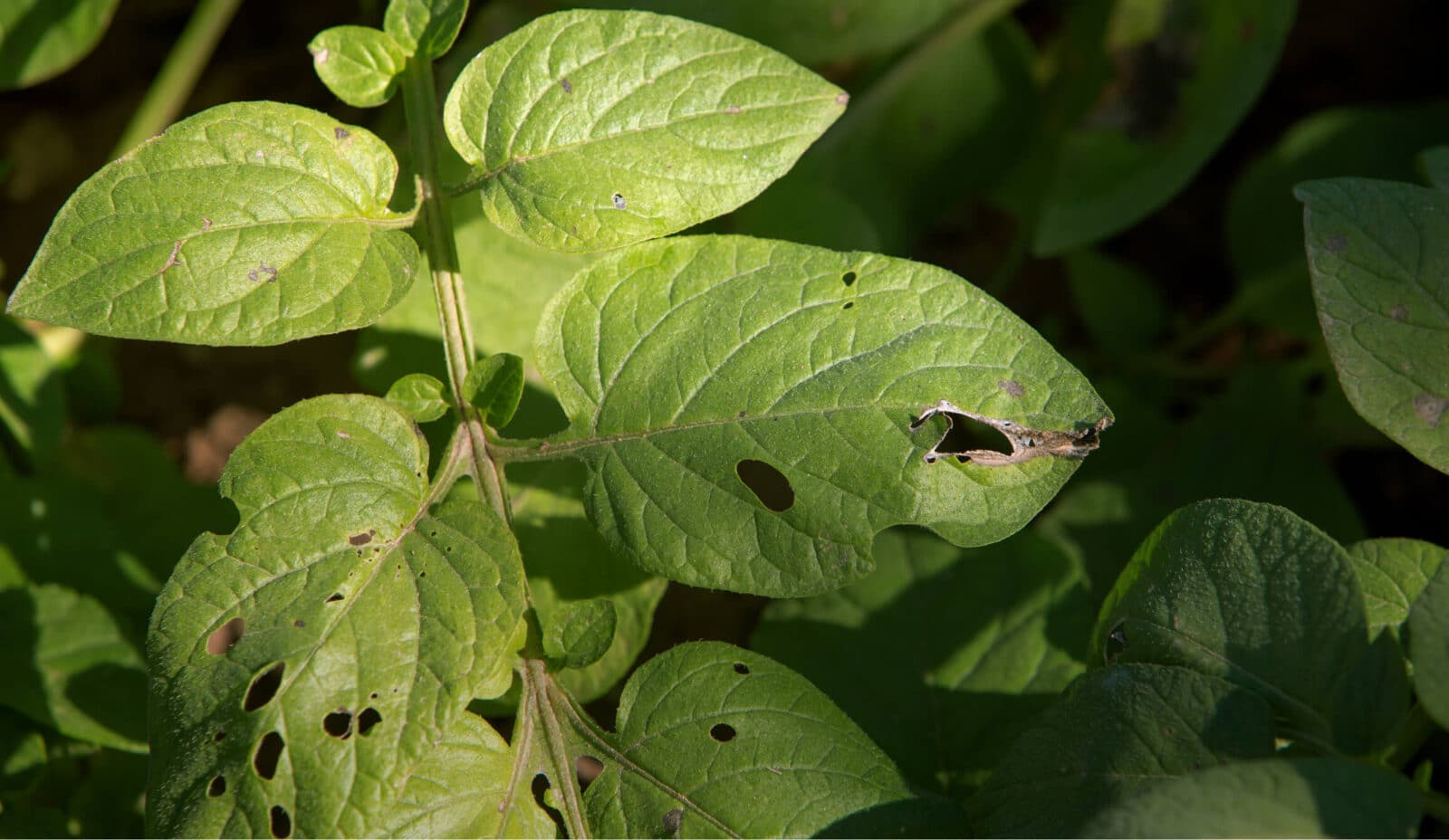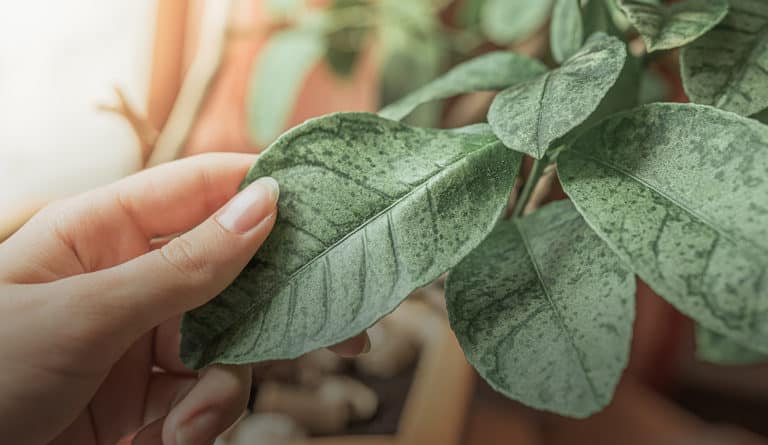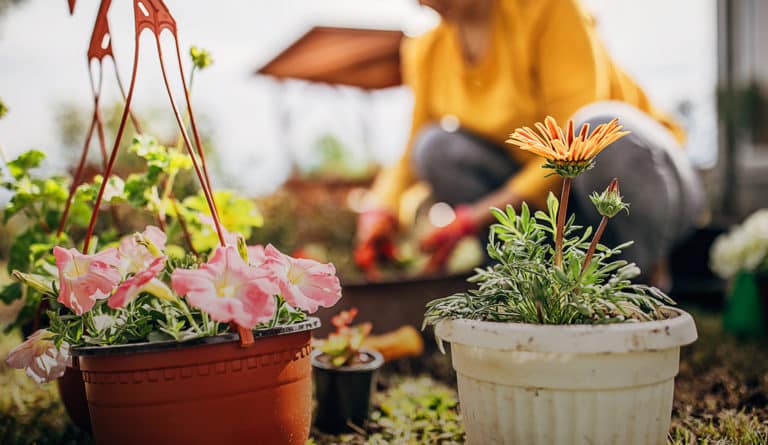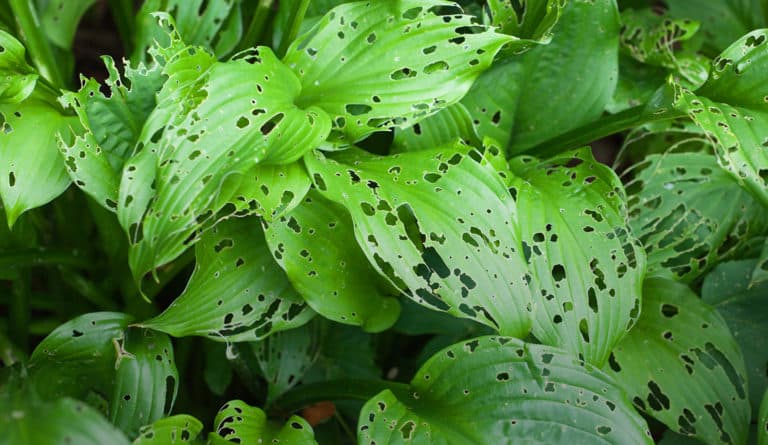Let’s talk about those pesky garden pests that can wreak havoc on your plants and veggies. Identifying them is crucial to preventing them from destroying your garden. One troublemaker is the aphid, causing leaves to wilt, turn yellow, and curl. Then we have the spider mite, leaving yellow or brown spots and even defoliating your precious plants. Oh, and watch out for the Japanese beetle – it loves to chow down on plants, shrubs, and fruit trees. Spotting the Japanese beetle can be tricky for inexperienced gardeners because of the insect’s small size and coppery green colour that blends into your plants. And let’s not forget about slugs and snails; those appetite-driven fellows leave holes and scalloped edges on leaves. Catching these pests early is the key so that you can protect your beloved garden.
how to spot garden pests
If you love plants, then it’s likely that you’re familiar with the fear and frustration of discovering pests in your garden! It can seem daunting but don’t worry. With some know-how, it’s possible to identify different garden pests quickly so you can plan how to deal with them effectively. So, let’s get started spotting those troublesome insects.
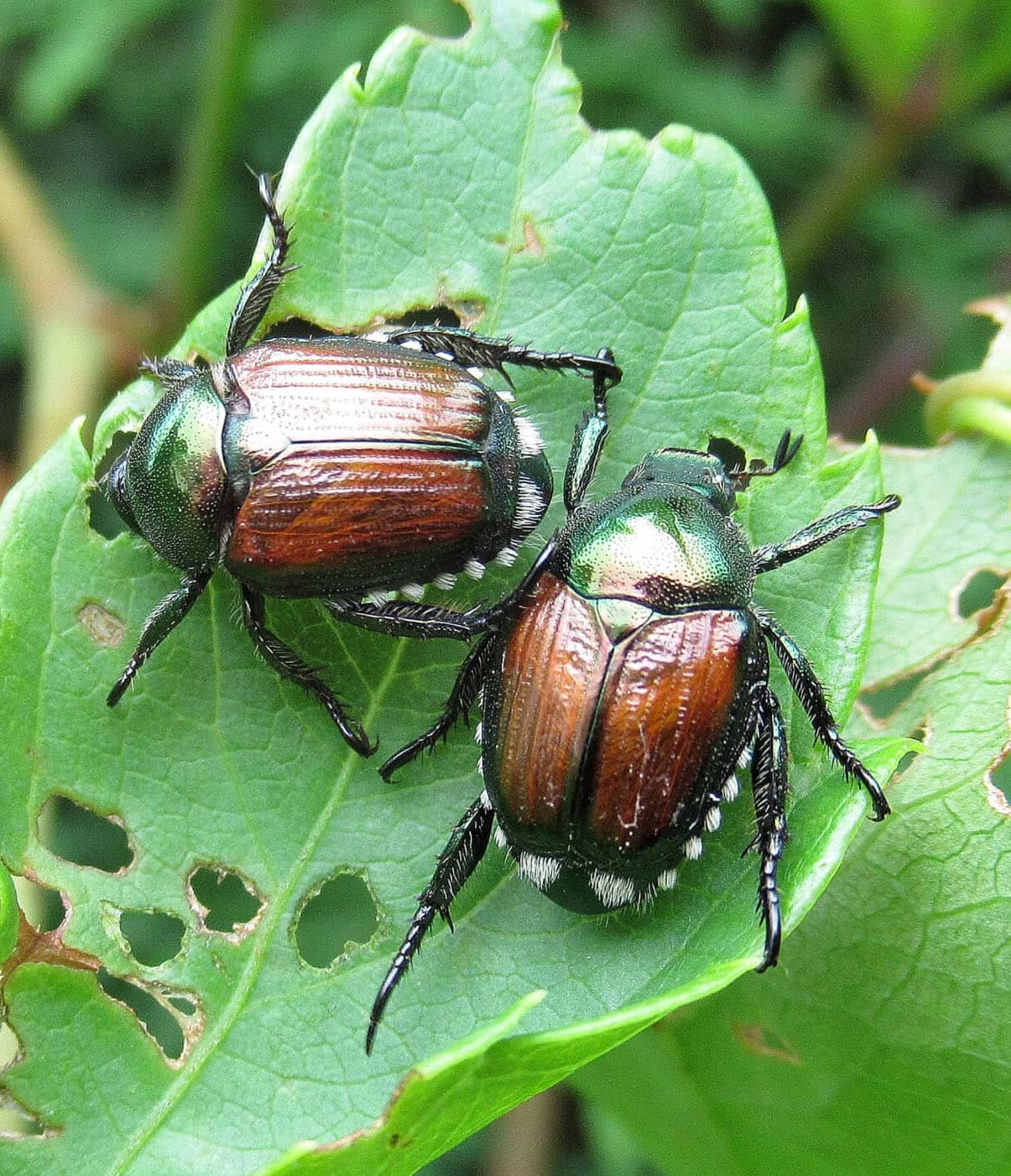
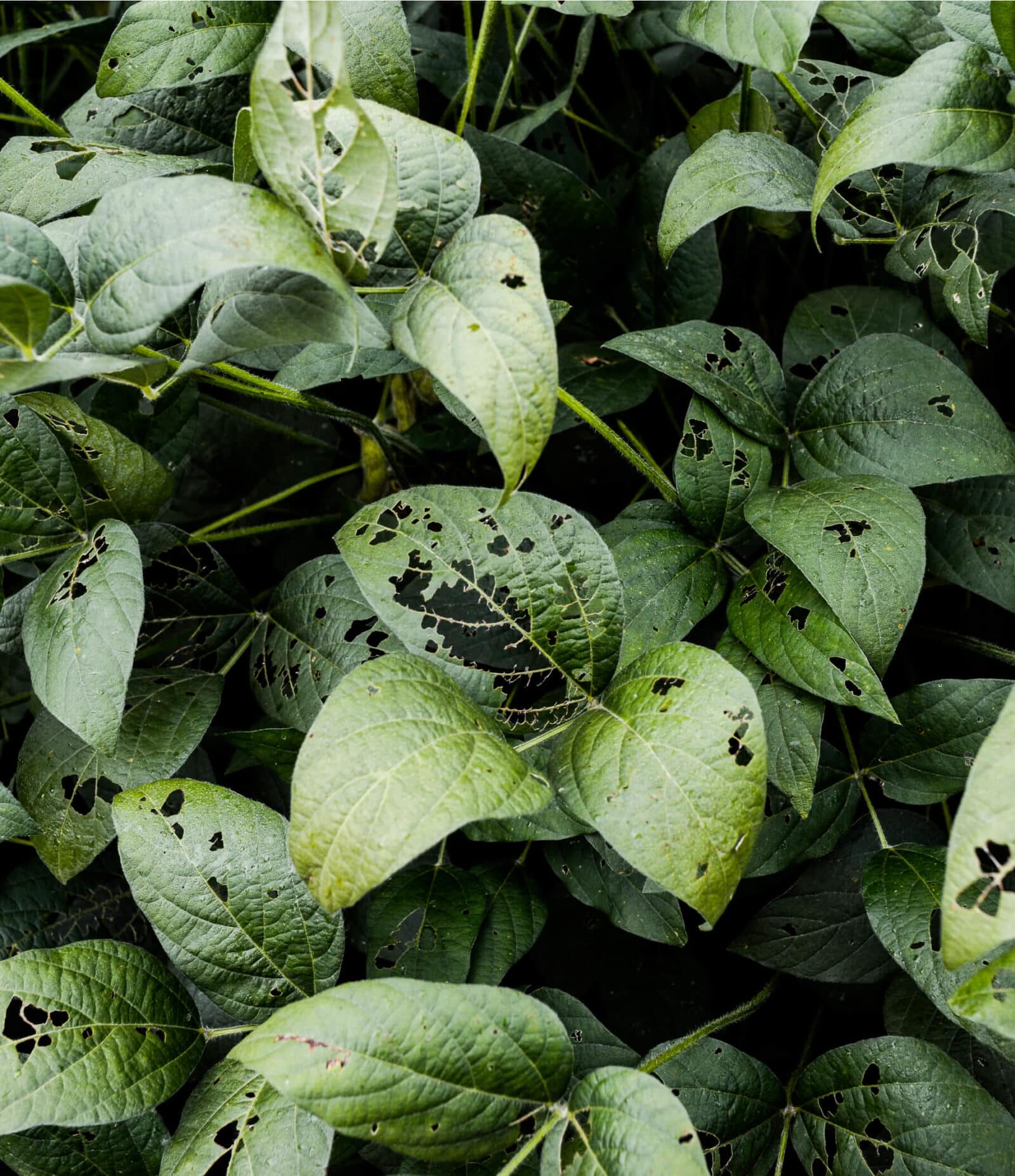
different types of damage caused by garden pests
Garden pests can cause many different types of damage to our beloved plants, from creating holes in leaves to gnawed-through and broken stems. Some bugs, such as aphids, can suck the sap from leaves and leave them yellowed and wilted. Others, like slugs and snails, can leave a slime trail behind as they munch their way through essential parts of the plant. Some pests even cause damage underground, eating away at the roots and compromising the stability of the plant. It’s important to be familiar with different signs of pest damage so you’ll immediately know what they mean.
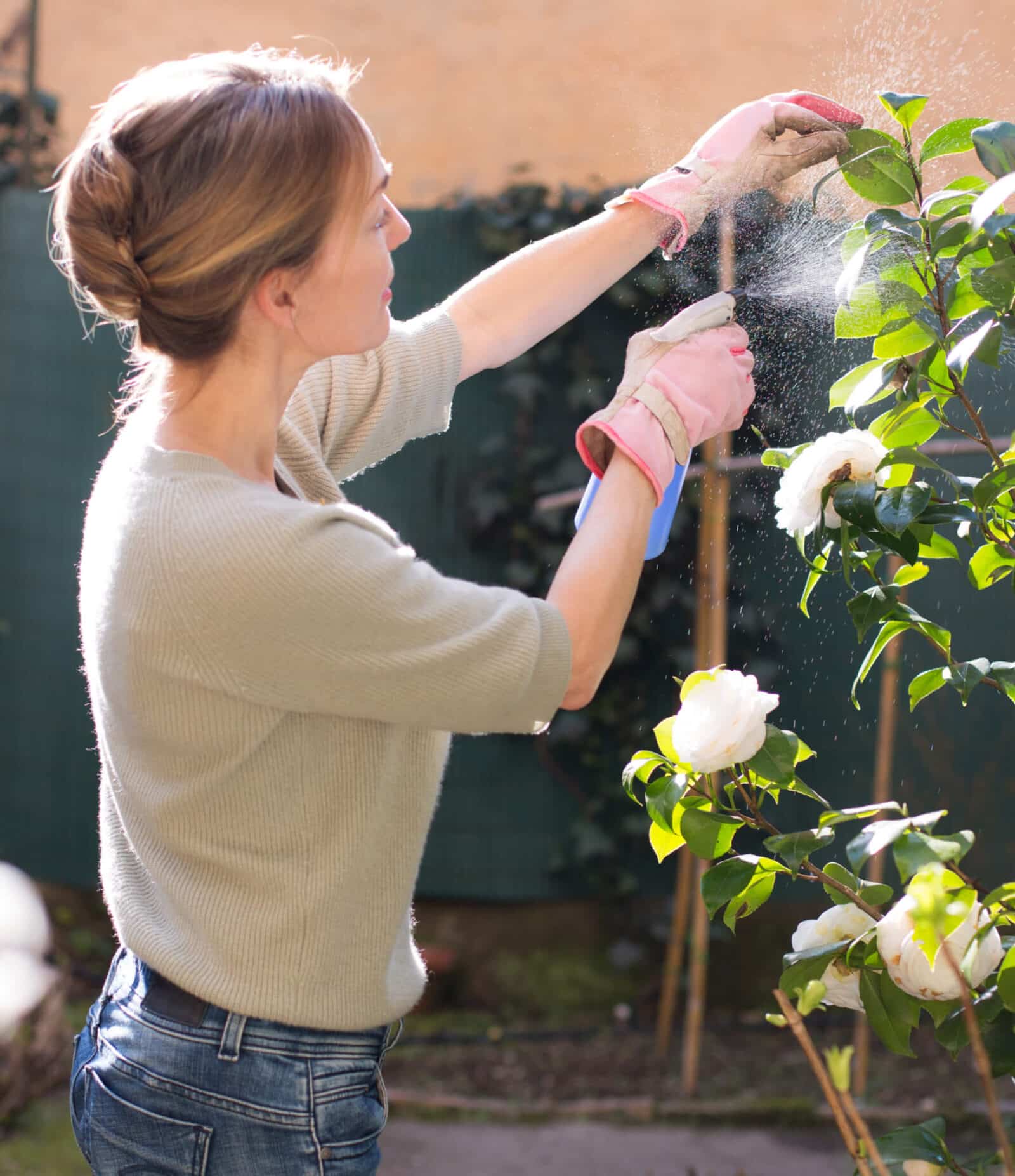
how to prevent bug infestation in your garden
Spotting signs of pests in your garden is just the first step. Now, it’s time to learn how to prevent them. One of the most effective ways to avoid pests is to encourage beneficial insects like ladybugs and praying mantises that feed on pests to live in your garden. These little helpers can act as soldiers, defending your plants from harmful pests and promoting a healthy ecosystem. You can also place bird feeders in your garden to attract natural predators that feed on bugs.
Additionally, make sure to water them appropriately and give them the right amount of fertilizer. Weak plants can be super attractive to bugs, so you need to keep them happy and healthy. Also, did you know planting herbs and flowers like lavender or marigolds can repel insects? Remember to inspect your plants and remove any signs of infestation regularly. Dealing with a small bug problem is easier than a big headache later. So follow these tips, and enjoy your garden… pest free!
how to control and eliminate pests in your garden
The first step is to identify the pest and its life cycle. Once you understand the pest, you can choose the best control method. Physical removal may be the easiest way to eliminate pests like slugs and snails. However, if you have a larger infestation, you may need to use bug-control products.
Ortho Bug B Gon Insecticidal Soap is a popular option, offering a solution for various insects, including ants, caterpillars, and beetles. Slug B Gon might be the best solution for slugs, as it targets these slimy pests and gives your plants a chance to flourish. And for beetle problems, Beetle B Gon can help get rid of Japanese Beetles and other types that destroy your landscaping and vegetation. With these solutions, you can keep your garden pest-free and thriving.
Pests in the garden can be discouraging but being informed on how to prevent and manage them is key. Identifying the bug types and different signs of damage is important for preventing the problem from escalating. Additionally, beneficial insects and using brighter colours around your garden to attract beneficial predators can play a huge role in naturally balancing out populations of unwanted bugs.
Now that you’ve learned how to deter pests and safeguard your gardens, you can be better prepared when unwelcome visitors arrive!
#easypeasy
